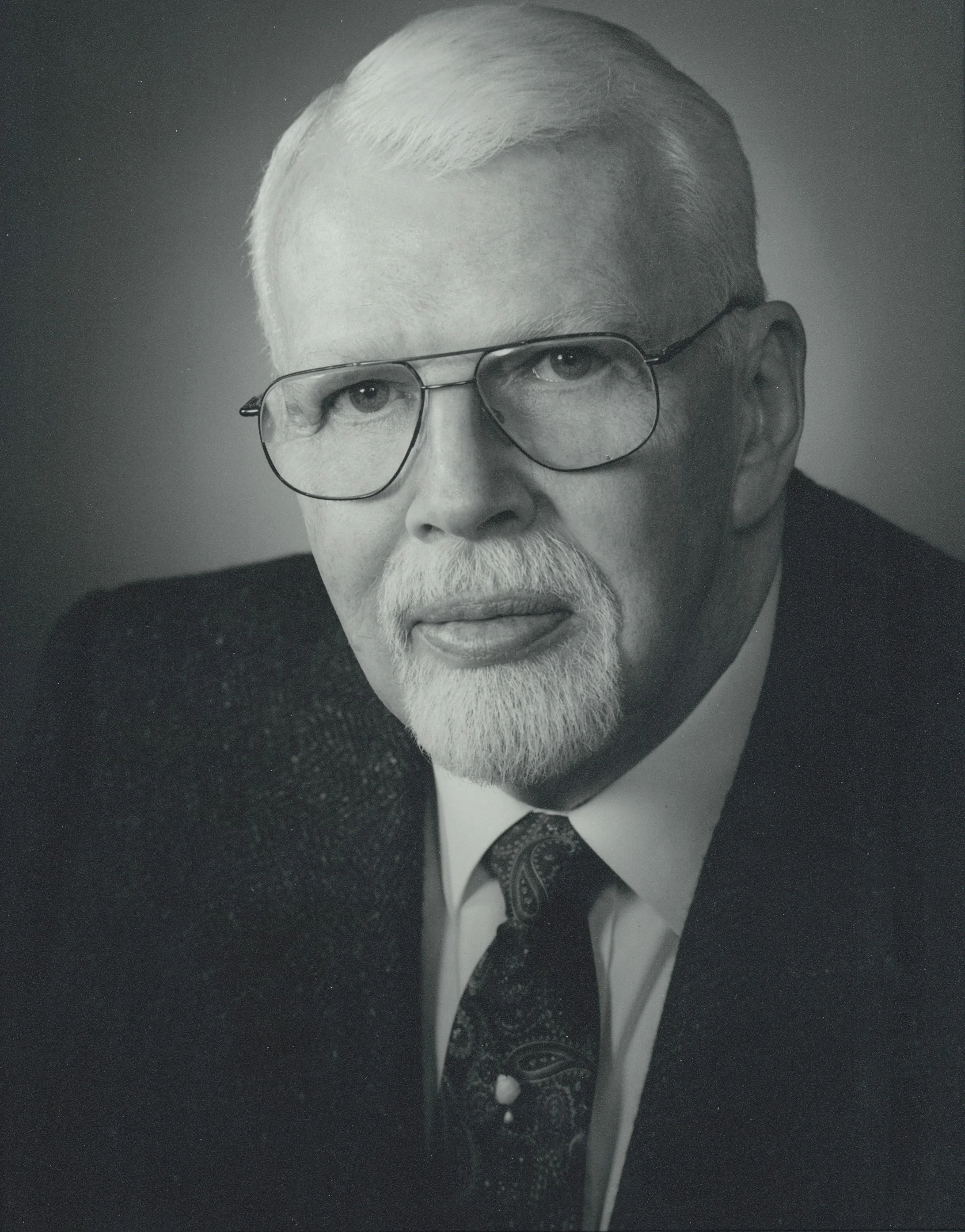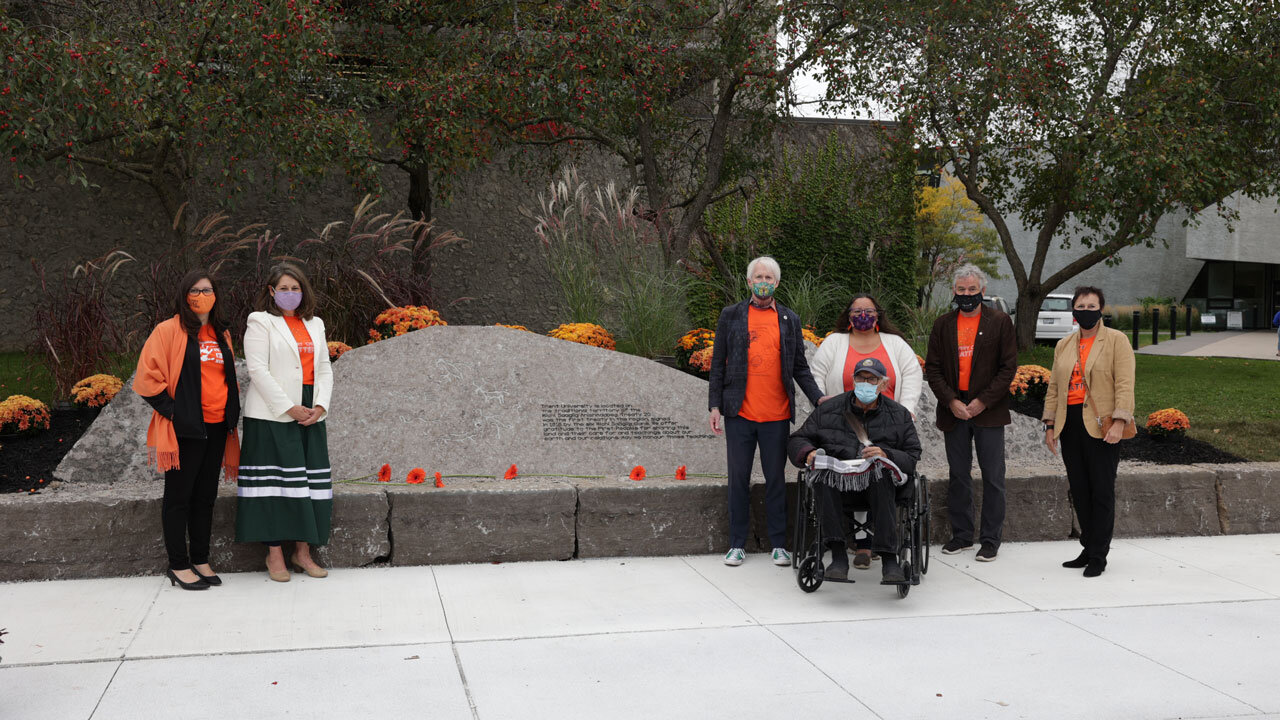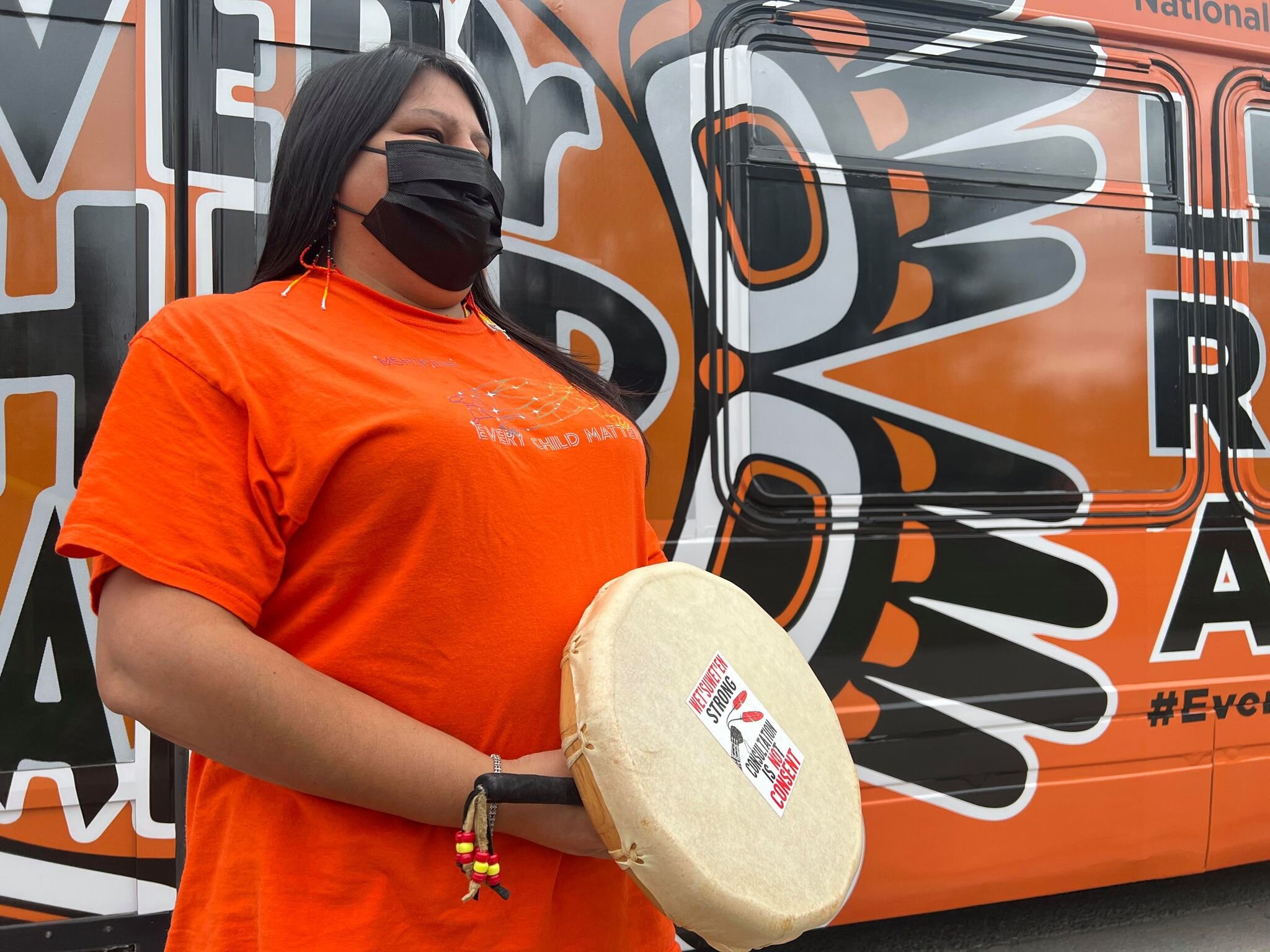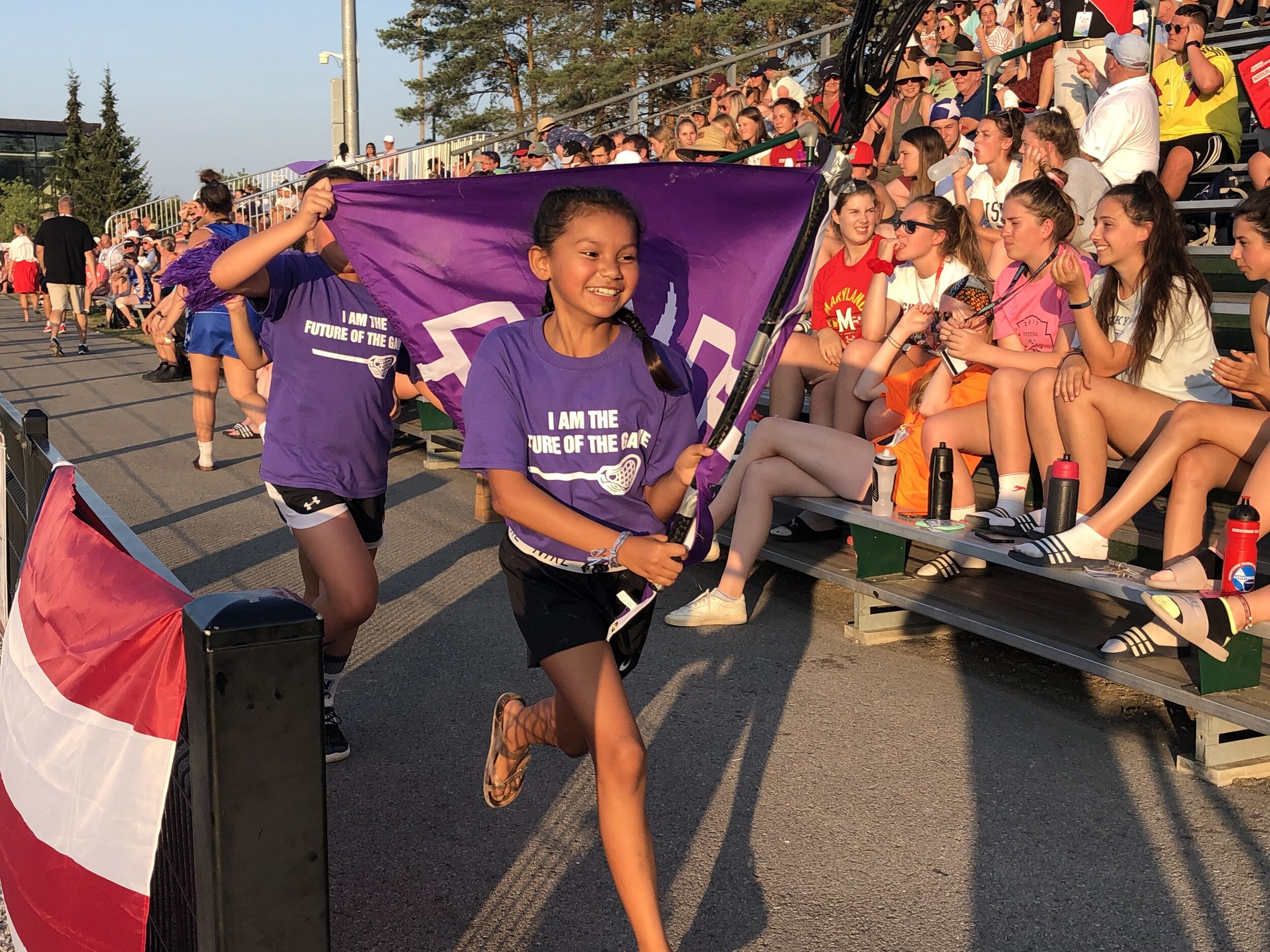City council quickly approved the motion on Monday to have the bus covered in orange and the “Every Child Matters” wrap on it. The idea was brought forth by Crystal Scrimshaw, Kelli Marshal and Pam Goldsworthy.
Curve Lake Chief Emily Whetung, Mayor Diane Therrien, Coun. Stephen Wright and several other Indigenous supporters and representatives were in attendance.
“The most important thing is raising awareness and making sure the people know the true history of Canada so that they can learn and know what happened and make a choice to make it better,” said Chief Whetung.
“The circumstances behind it are obviously tragic but I think this is a beautiful artistic way to honour those children and to raise awareness about the fact that there’s going to be more children found,” said Therrien. “Hopefully it will educate Canadians more about the reality of residential schools and intergenerational trauma and impact its had on families.”




















